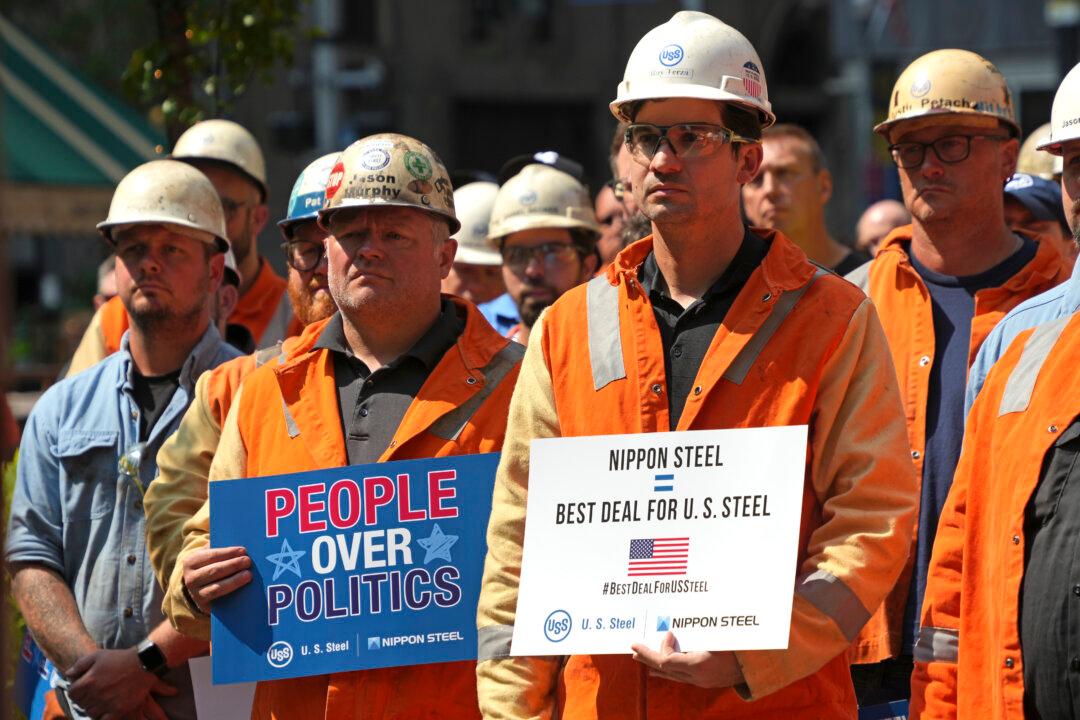Japanese Prime Minister Shigeru Ishiba has asked President Joe Biden to reverse his ban on Nippon Steel’s bid to buy U.S. Steel.
Biden blocked Nippon Steel’s acquisition in early January over national security concerns. A revised deadline to abandon the deal (now mid-June) falls under the new Trump administration. However, the president-elect opposed the deal on the campaign trail, citing the need to protect the U.S. steel industry and the legacy of the American company.





